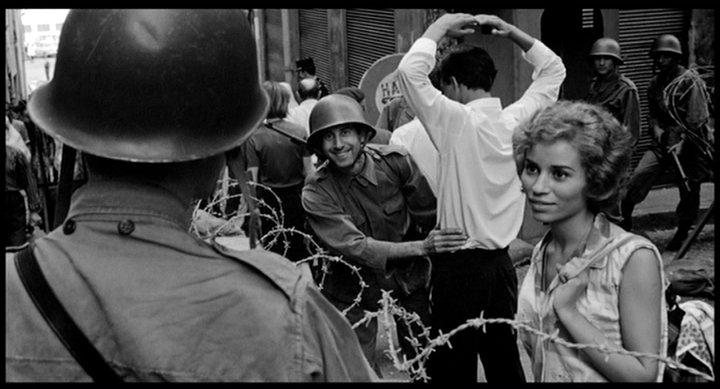In class we discussed alternative story lines; breaking away from linearity through flashbacks or flash forwards. In Lone Scherfig’s romance One Day (2011) Emma and Dexter meet the night of their college graduation and the film cuts to the same date of the following year showing their buddying friendship and does so for 15 years as the two grow less close. We follow the two individual stories year after year as they both undergo life altering changes. The two separated lovers are finally able to make a relationship work and get married. The film jumps to the final year where unfortunately Emma is killed in a car accident. The film cuts from a a lonely Dexter back to the first day they met and shows everything that happened that day that they did not show the viewer before. I felt this was a really good example of breaking linearity. This break from linearity made the movie so powerful and touching because to the viewer, at that point, Emma was a ghost of sorts.
All posts by Samantha Pastron
Battle of Algiers
This was by far my favorite of the movies we’ve seen thus far. The director’s conscious decision not to have a “good” or “bad side” made me constantly thing about this film for the couple of days preceding the viewing. I want to label one side as the bad guy, but I can’t. The Algerian quarter was equally as brutal as the European quarter, and similarly, both sides killed many innocent people for their cause. But my desire for the Algerians to gain independence out weighed my hope that the French would maintain colonial control.
Theo The Hero
Theo’s character undergoes an evolution throughout the movie. When we are first introduced to Theo, he is a depressed and hopeless coward, no longer involved in the rebels effort. He resistantly assists Julian in helping Kee get to the Human project. As Julian, and then Miriam die, he fills the role of Kee’s protector and leader.
He develops heroic characteristics and sacrifices his life for the survival of the human race. Cuaron chooses not to give Theo any weapons throughout the entire movie, nor does Theo show any interest for a weapon. He is not overwhelmingly handsome or well dressed, and he does not run towards danger but away from it. And in the end, Theo dies, without seeing the results of what he sacrificed his life for.
Cuaron dismantles all previous masculine heroic stereotypes illustrating Theo’s vulnerability and strength to carry on in the face of loss and death.
